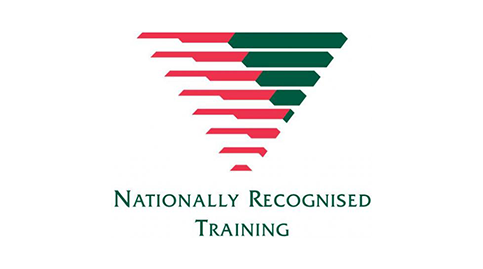Financial Literacy Short Course
About the Financial Literacy course
Financial literacy is a core life skill. In a rapidly changing world of personal finances people benefit from gaining and applying important knowledge, understanding, skills and behaviours to establish good consumer and financial habits.
Financial literacy is a combination of financial knowledge, skills, attitudes, and behaviours necessary to make sound financial decisions based on personal circumstances to improve financial wellbeing.
The Financial Literacy Short Course aims to:
- raise awareness of financial literacy and its benefits
- create opportunities for all ages and backgrounds to increase their understanding of financial issues, and
- make the most of their money.

Financial Literacy course - Entry requirements:
There are no formal entry requirements for this course. Learners are likely to have little or no experience in financial literacy.
To allow our trainers to support your learning, you will need to complete a student profile, including a language, literacy and numeracy indicator before your enrolment application is accepted.

Financial Literacy course - Delivery Method and Course Duration
This course is available through blended learning (a combination of face-to-face classroom teaching with real life digital/ online examples and guidance to support learning outcomes) or self-paced online for independent learners.
Blended learning will take place over 5 x 5.5 hour sessions, totalling 27.5 hours. Additional support and training time is available for learners if required.
Training through self-paced online delivery will take place over a 12 week period, with online support available for learners if required.
Course Structure
This course contains one (1) unit of competency requiring successful completion.
One (1) Unit:
- FNSFLT211 Develop and use personal budgets
Further Training
Course Outcome
This course aims to build the independent financial literacy of students.
Students who successfully complete the course will be able develop, implement, and monitor a personal budget.
AQF Certification Outcome
Students who successfully complete all requirements FNSFLT211 Develop and use personal budgets will be issued a Statement of Attainment by MAX.
Recognition of Prior Learning (RPL) and Credit Transfers (CT)
RPL is a process that assesses your competency — acquired through formal and informal learning — to determine if you meet the requirements for a unit of study.
Students with previous skills, knowledge or experience are entitled to apply for RPL for a full qualification or individual units of competency.
Students will be required to produce evidence and undertake assessment as part of the RPL process.
If you have previously completed a unit/s of competency and can provide valid evidence of AQF certification (issued by an RTO), you are eligible to apply for a CT and would not be required to undertake further study for the unit.
You can learn more about RPL and CT processes at maxsolutions.com.au/training
Unique Student Identifier
It is mandatory for all students undertaking Nationally Recognised Training in Australia to have a Unique Student Identifier (USI).
Students will need their USI to apply to enrol for training. Visit www.usi.gov.au for more information.